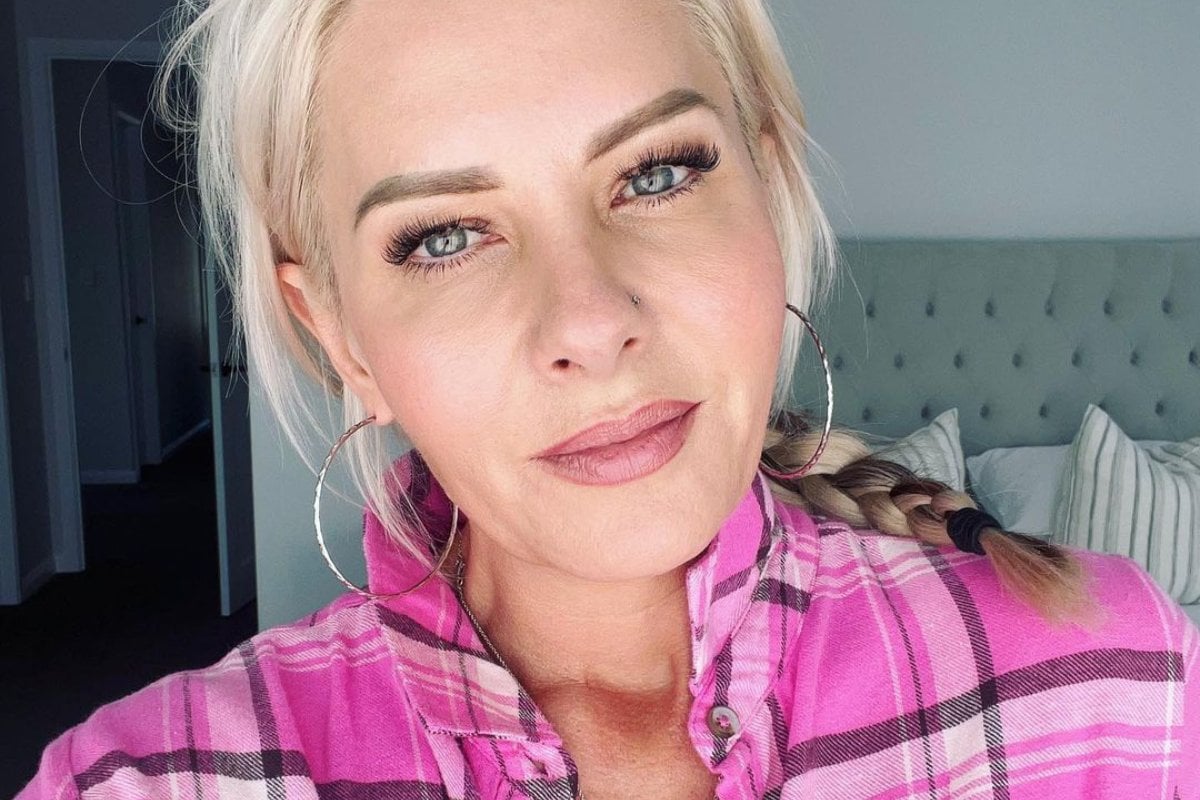
What a difference.
On the home front, I'm generally a very private person. I don't discuss the trials and tribulations of my personal relationships publicly unless it aligns with my overall message. And even then, it will always remain of a general nature. But over the last seven months I have experienced epiphanies that are too significant not to share and reinforce my narrative that 'alcohol takes away your power and capacity to cope'.
After a long period of inner work and deep soul searching, my husband and I formally separated very early on in 2023. This was a mutual resolution.
Watch: Does coffee actually sober you up? Post continues after video.
A marriage dissolution was not new to me having undertaken the same process in 2006 with my first husband, some 17 years earlier at the age of 33.
In keeping with my authenticity, it would also be fair to say that I had a great deal of trepidation regarding my decision for some time prior, due to the previous experience being loaded with trauma, lacking coordination and torridly heavy.
